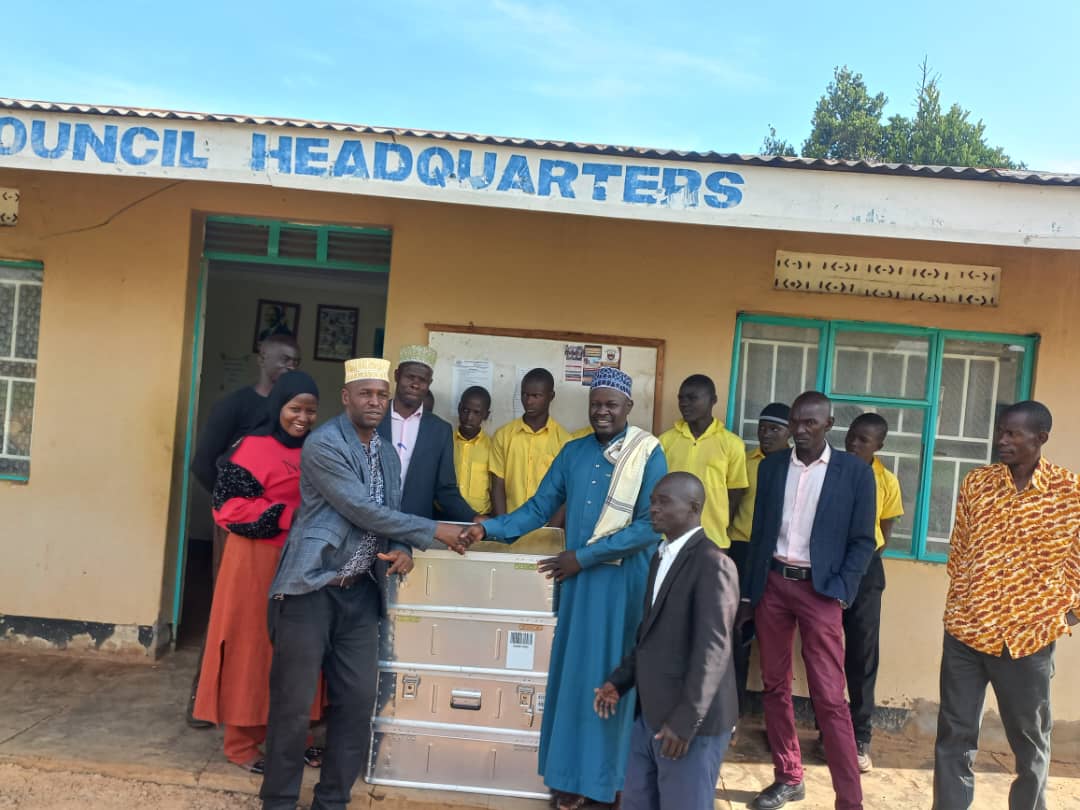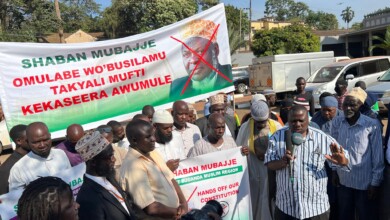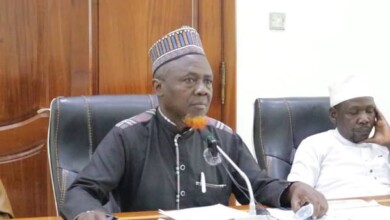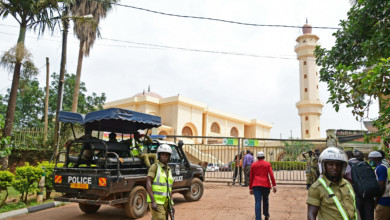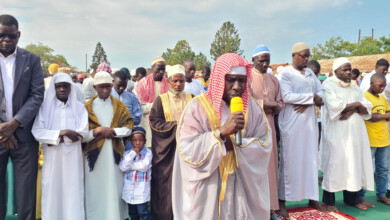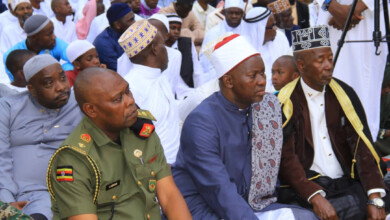UNICEF, UMSC launch humanitarian initiative to boost ECD
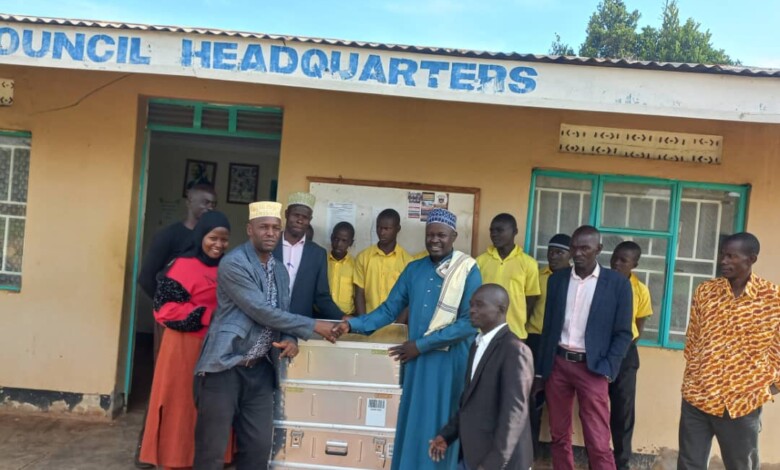
By Ahmed Idriss
To strengthen early childhood development and improve governance structures in Muslim communities, the United Nations Children’s Fund (UNICEF) and the Uganda Muslim Supreme Council (UMSC) have rolled out a humanitarian program under their Program Cooperation Agreement (PCA).
The initiative, announced on Wednesday, by Haj Mahmood Kateregga Namuguzi, the UNICEF/UMSC National Program Coordinator, seeks to enhance access to quality early childhood education (ECE) for children aged 0–8 years, while also empowering community leaders, teachers, and parents with essential childcare skills.
The intervention will include the construction of 16 Early Childhood Development Centres(ECDCs) —four each in Madi, Yumbe, Kiryandongo, and Kikuube districts, alongside 16 playgrounds to promote learning through play.
It will also see the provision of play kits for young learners and specialized training for teachers in Muslim schools.
UNICEF and UMSC also seek to strengthen the skills of 3,000 mosque Imams in child protection and development, and train 24,000 parents on safeguarding children and reporting abuse.
They will also distribute translated Friday sermons (Khutbahs) on child care, derived from the Qur’an and Sunnah, in multiple languages, including Arabic, French, Aringa, Madi, Runyoro, and Rutoro.
The program will directly benefit over 3,600 children, including refugees and those with disabilities, ensuring no child is left behind.
The initiative will be implemented in partnership with faith-based organizations, including the Anglican Church and the Catholic Church, particularly in refugee-hosting districts.
Haj Kateregga officially handed over construction materials to Sheikh Rajab Mugenyi Timbuktu, the Kadhi of Bunyoro Muslim District, on Thursday, April 3, 2025 in Hoima city. These materials will support refugee families in Kikuube, marking the first phase of the program’s rollout.
Haj Kateregga emphasized that the initiative goes beyond infrastructure, aiming to align Muslim governance structures with local government systems for long-term educational improvements.
“This program is about building a foundation—not just for schools, but for stronger, more resilient communities where every child has the opportunity to thrive,” Haj Kateregga said.
With UNICEF’s support, the program also includes allowances for personnel and training in resource mobilization, ensuring sustainability beyond the initial phase.
